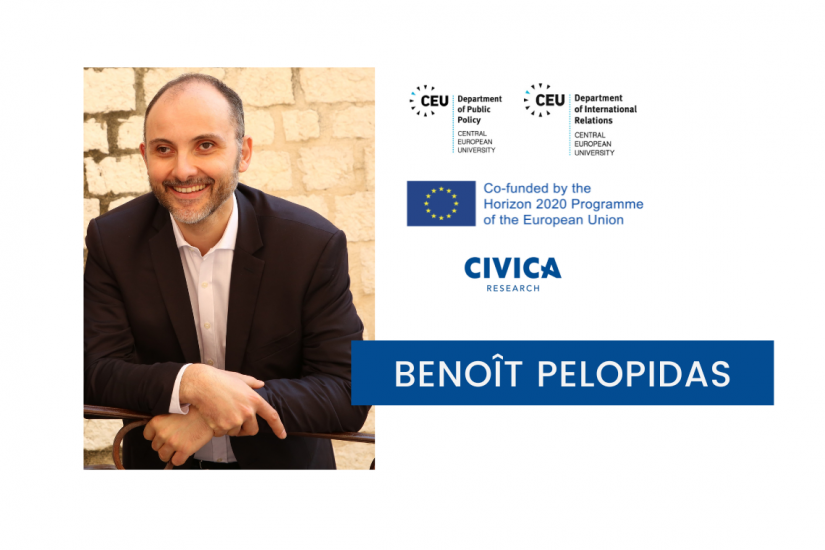
Abstract
Nuclear weapons choices commit populations and societies for decades and can wipe them out in matters of minutes. How is the scope of available nuclear weapons choices decided? Direct experience cannot be the answer as no one can rely on personal experience of nuclear war. Most decision-makers no longer even have the experience of the effects of such weapons either given that North Korea has been the only country testing nuclear weapons since 1998. The populations’ wishes do not qualify either, since they are very rarely consulted and only few studies on those attitudes exist.
Therefore the NUCLEAR project offers the first in depth global investigation of the grounds on which the scope of publicly acceptable nuclear weapons choices have been based since the end of nuclear testing. To do so, this project has constructed an interdisciplinary research program about nuclear vulnerabilities.
It investigates four ways in which nuclear weapons choices are bounded: 1) the intellectual categories we depend on to think about those issues; 2) the governance of nuclear knowledge by nuclear-weapons related institutions; 3) specific readings of the past identifying events or trends from which lessons are expected to be learned about the scope of the possible, and 4) the imaginary of possible futures as opposed to the ones deemed utopian. Combining archival research, and interviews worldwide, large-scale polling and discourse analysis of policy officials and strategists over several decades, it assesses the blinding power of categories created several decades ago and sometimes still deemed as irreplaceable lexicon of the nuclear age as well as the way in which nuclear weapons programs modify the governance of knowledge.
Bio
Benoît Pelopidas is an Associate Professor and the founding director of the Nuclear Knowledges program at the Center for International Studies, Sciences Po, Paris. Nuclear Knowledges is the first scholarly research program in France on the nuclear phenomenon which refuses funding from stakeholders of the nuclear weapons entreprise or from antinuclear activists in order to problematize conflicts of interest and their effect on knowledge production.
The program mobilizes interdisciplinary methods to become able to assess accepted claims about nuclear realities. Benoît is an affiliate to CISAC at Stanford University and has been a regular visiting fellow at Princeton University’s Program on Science and Global Security. He is the PI of the project NUCLEAR funded by the European Research Council.
--- Reception to follow ---
This event is organised in the framework of CIVICA Research, a project of CIVICA - The European University of Social Sciences. CIVICA Research brings together researchers from eight leading European universities in the social sciences to contribute knowledge and solutions to the world’s most pressing challenges. CIVICA Research is funded by the EU's research and innovation programme Horizon 2020.